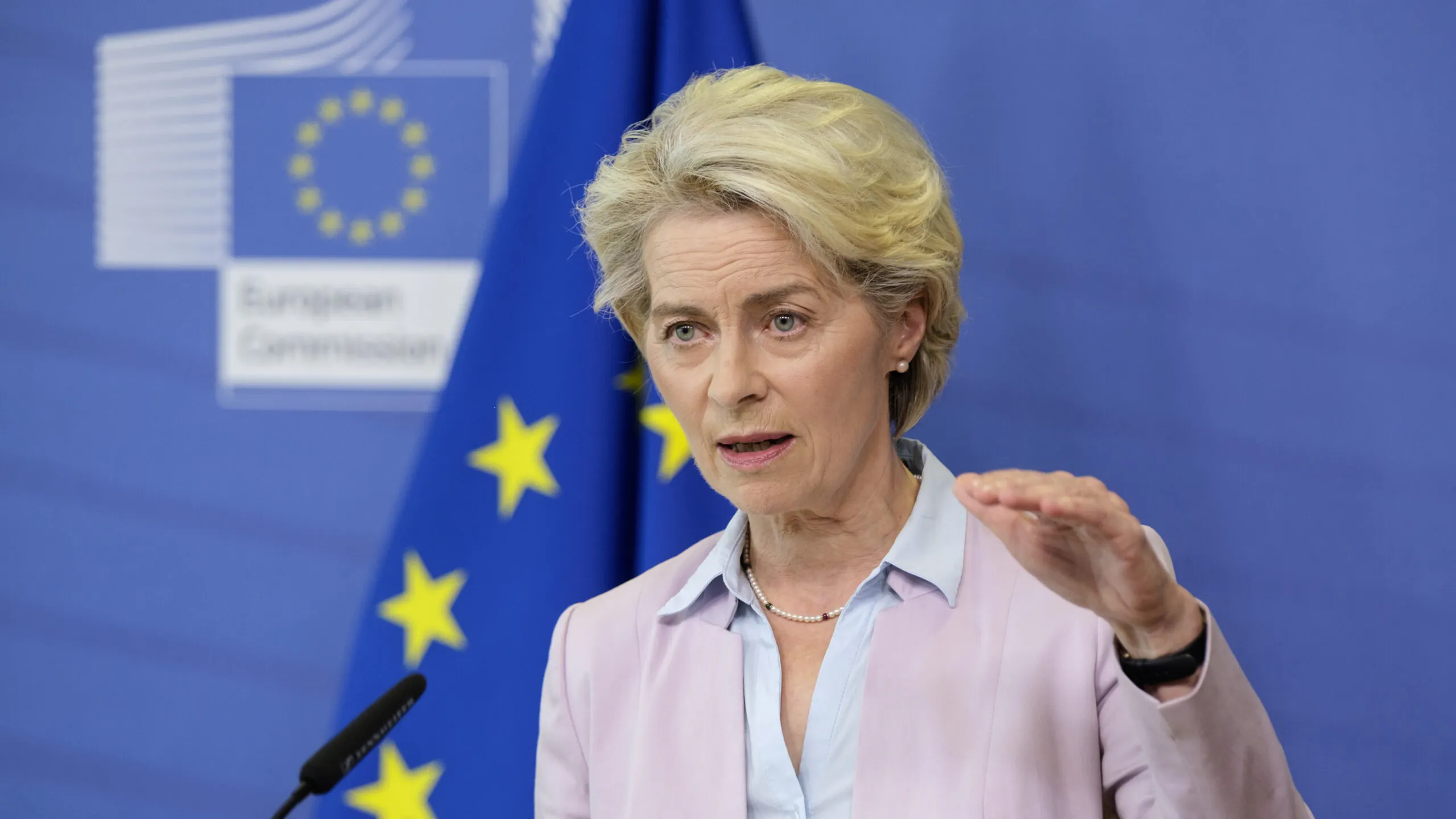European Commission President Ursula von der Leyen announced Wednesday that the European Union would propose a “mandatory target” for reducing electricity consumption during peak demand.
European powers are scrambling to address energy shortages as natural gas prices increase more than tenfold compared to normal levels ahead of the winter months. Pointing to low hydropower generation and disruptions caused by the Russian invasion of Ukraine, von der Leyen revealed in a speech that the European Union plans to work with member states to limit power usage.
“If you look at the costs of electricity, there are peak demands. And this is what is expensive, because, in these peak demands, the expensive gas comes into the market,” she commented. “So what we have to do is to flatten the curve and avoid the peak demands. We will propose a mandatory target for reducing electricity use at peak hours.”
NOW – EU will propose a “mandatory target for reducing electricity use at peak hours” in order to “flatten the curve.” pic.twitter.com/Q6EuLLTM0L
— Disclose.tv (@disclosetv) September 7, 2022
Indeed, several nations have already implemented energy usage restrictions or warned that such policies could be necessary for the coming months. While the legislature of Spain mandated that public air conditioning be set no lower than 27 degrees Celsius — roughly 80.6 degrees Fahrenheit — through the summer months, French President Emmanuel Macron called for a 10% voluntary reduction in the nation’s power usage to avoid “last resort” consumption limits.
British Prime Minister Liz Truss, who succeeded fellow Conservative Party lawmaker Boris Johnson on Tuesday, is floating stimulus packages for companies and businesses. “We will get spades in the ground to make sure people are not facing unaffordable energy bills. … I will deal hands-on with the energy crisis caused by Putin’s war,” Truss remarked in her first speech as head of the government. “I will take action this week to deal with energy bills and to secure our future energy supply.”
In her remarks, von der Leyen attributed the droughts that have lowered river capacity, and therefore hydropower production, to the “effects of climate change” and called for “massive investments in renewables.” The European Union has adopted the official policy of becoming “a climate-neutral society” by 2050 in accordance with the European Green Deal and the Paris Agreement.
“The renewables are cheap, they are home-grown, they make us independent,” von der Leyen said. “The renewables are really our energy insurance for the future.”
The announcement comes days after Russia cut off natural gas shipments through the Nord Stream 1 pipeline and called for the removal of Western sanctions. Finance ministers of the G7 nations — which include France, Canada, Germany, Italy, Japan, the United Kingdom, and the United States — had previously affirmed a plan to impose a joint price cap on Russian oil.
Kremlin spokesman Dmitry Peskov confirmed that the nation might resume gas shipments via Nord Stream 1 if sanctions are eased. “Problems with gas supply arose because of the sanctions imposed on our country by Western states, including Germany and Britain,” Peskov said. “We see incessant attempts to shift responsibility and blame onto us. We categorically reject this and insist that the collective West — in this case, the European Union, Canada, and the United Kingdom — is to blame for the fact that the situation has reached the point where it is now.”

.png)
.png)

